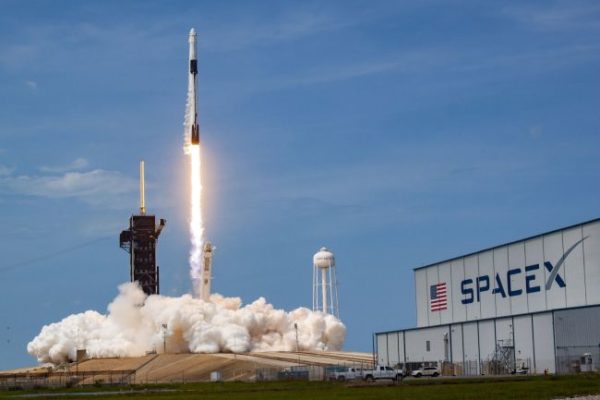
We’ve gotten our hopes up before.
The success of NASA’s Apollo moon missions half a century ago, for example, made Mars seem very much within reach for human explorers. Indeed, the space agency drew up plans to put boots on the Red Planet by the early 1980s, but shifting political and societal winds killed that idea in the cradle.
In 1989, President George H.W. Bush announced the Space Exploration Initiative, which aimed to send astronauts back to the moon by the end of the 1990s and get people to Mars in the 2010s. His son, President George W. Bush, also aimed for a crewed lunar return, with a program called Constellation, whose contours were outlined in 2004. Each program was soon axed by the next administration to come into power.
So it’s natural for space fans to greet the grand pronouncements occasioned by SpaceX’s first crewed launch on Saturday (May 30) with a bit of skepticism. Yes, the Demo-2 mission to the International Space Station (ISS), the first orbital human spaceflight to depart from American soil since NASA retired its space shuttle fleet in 2011, is a big deal. But does it really show that “the commercial space industry is the future,” as Trump said shortly after liftoff?


